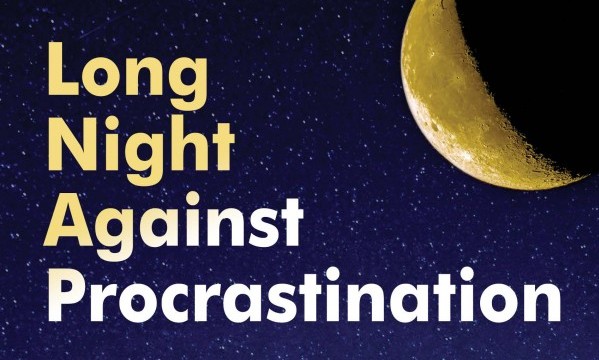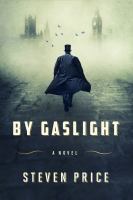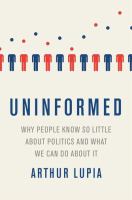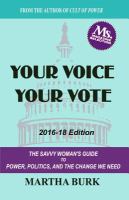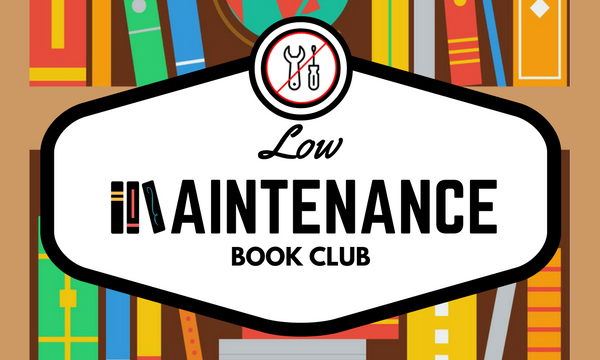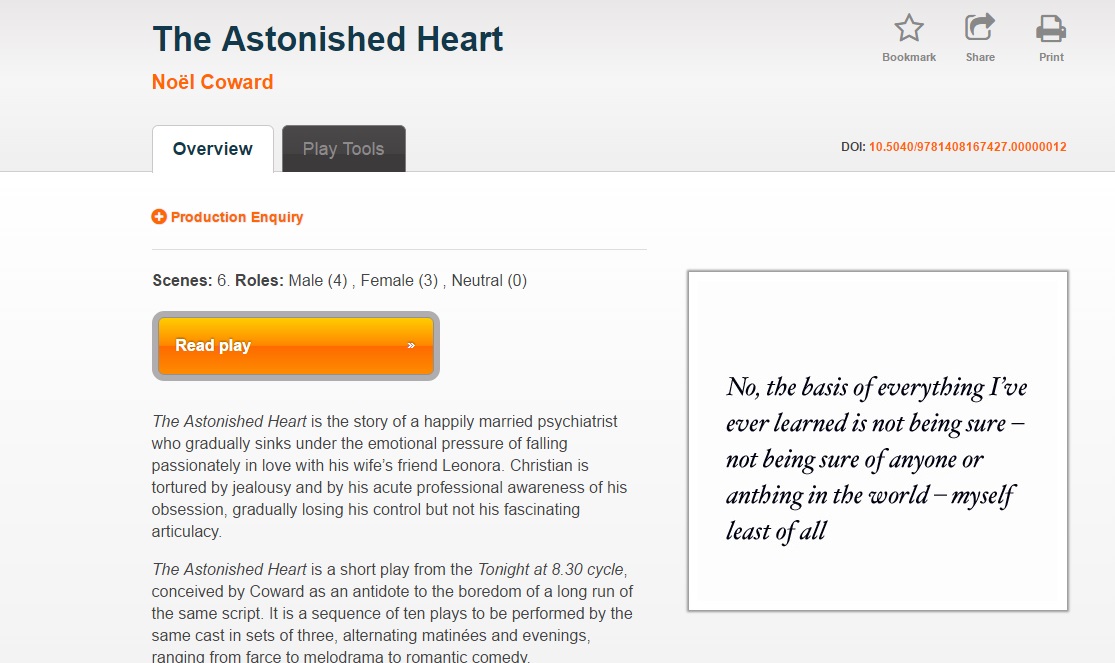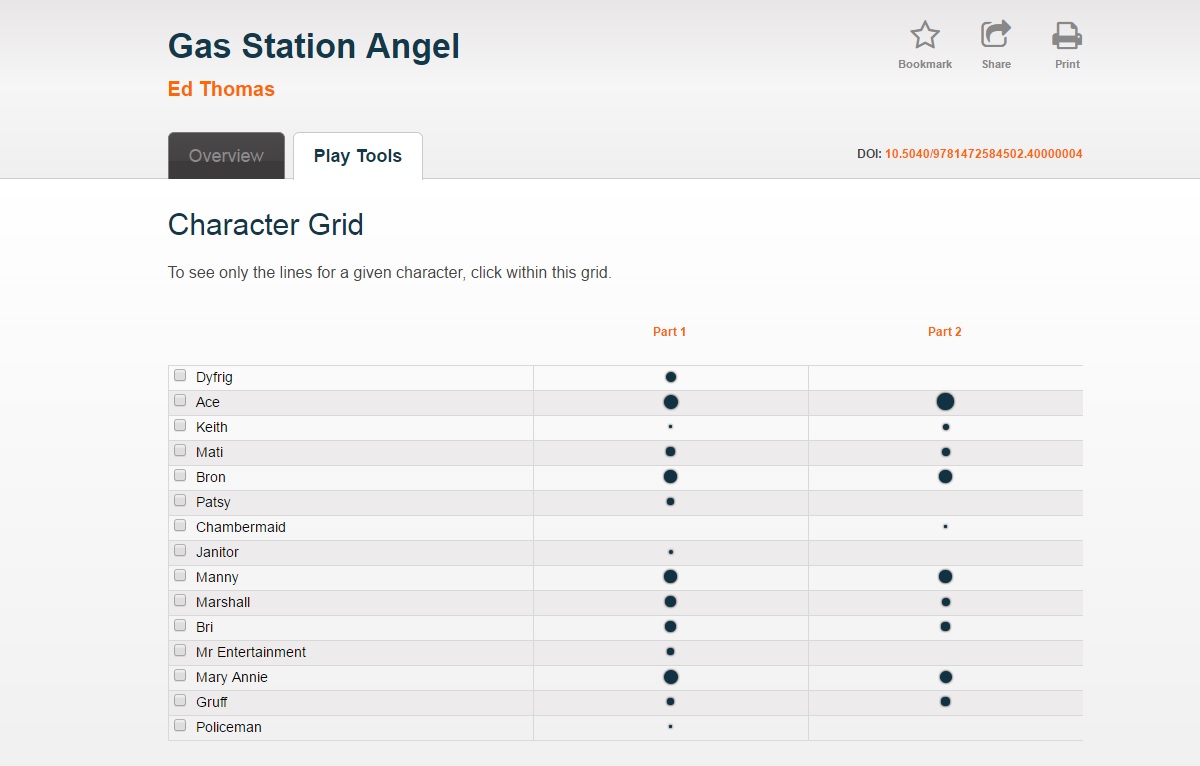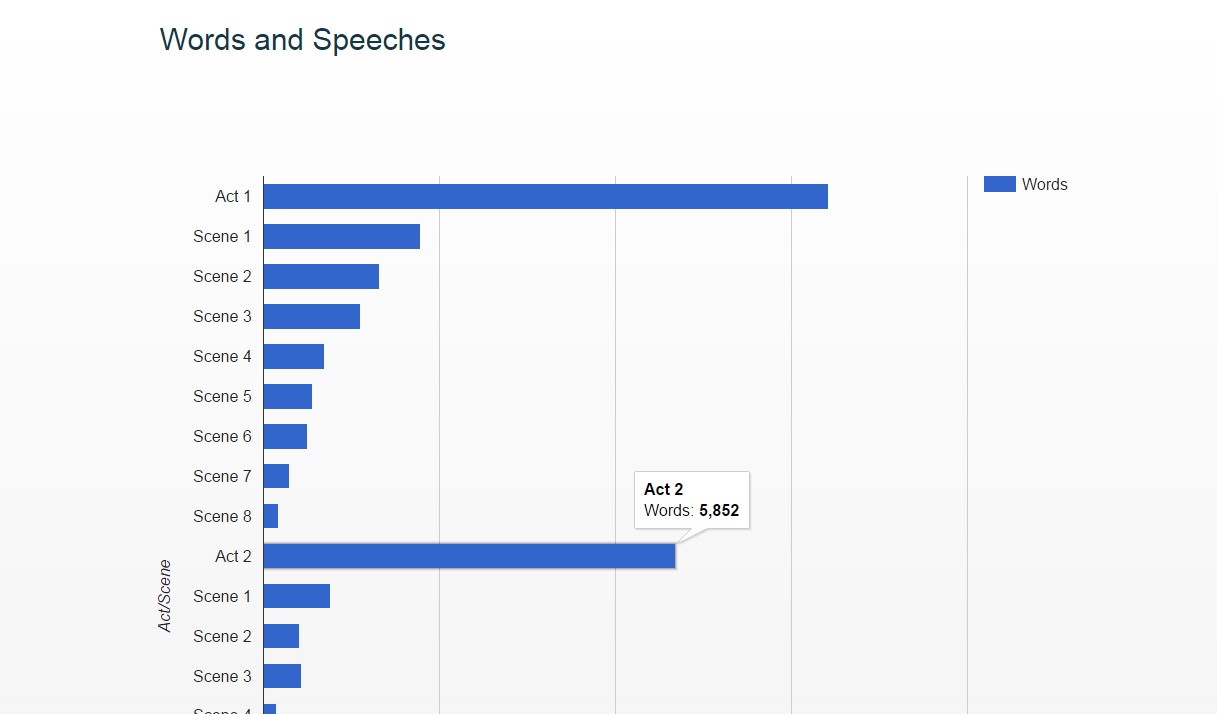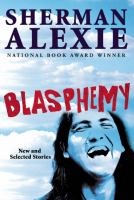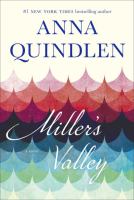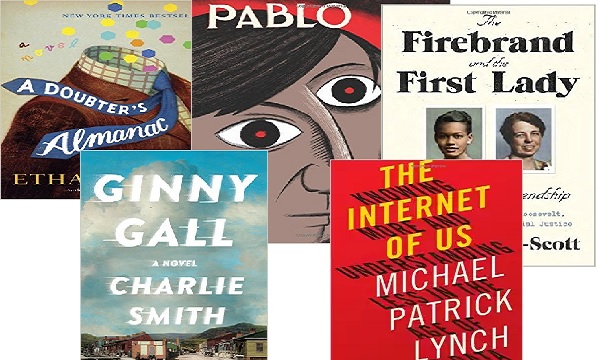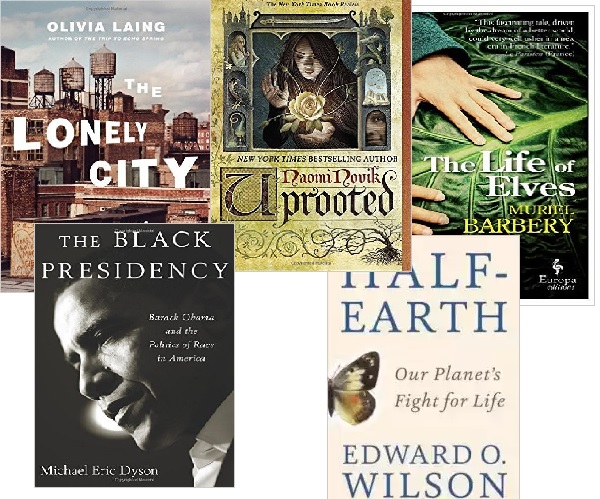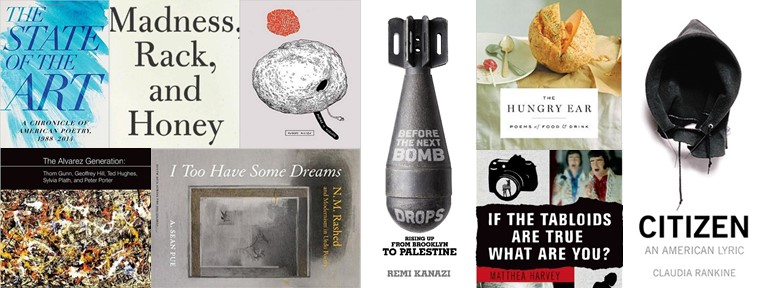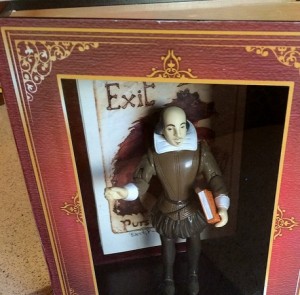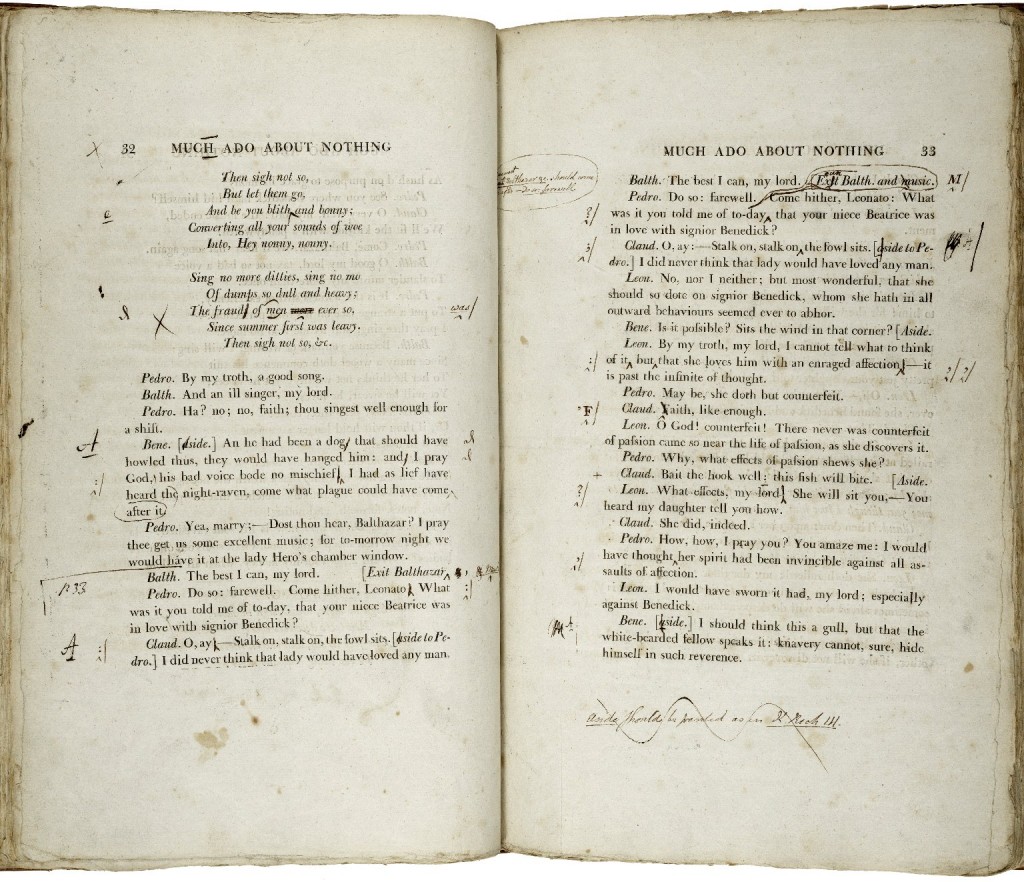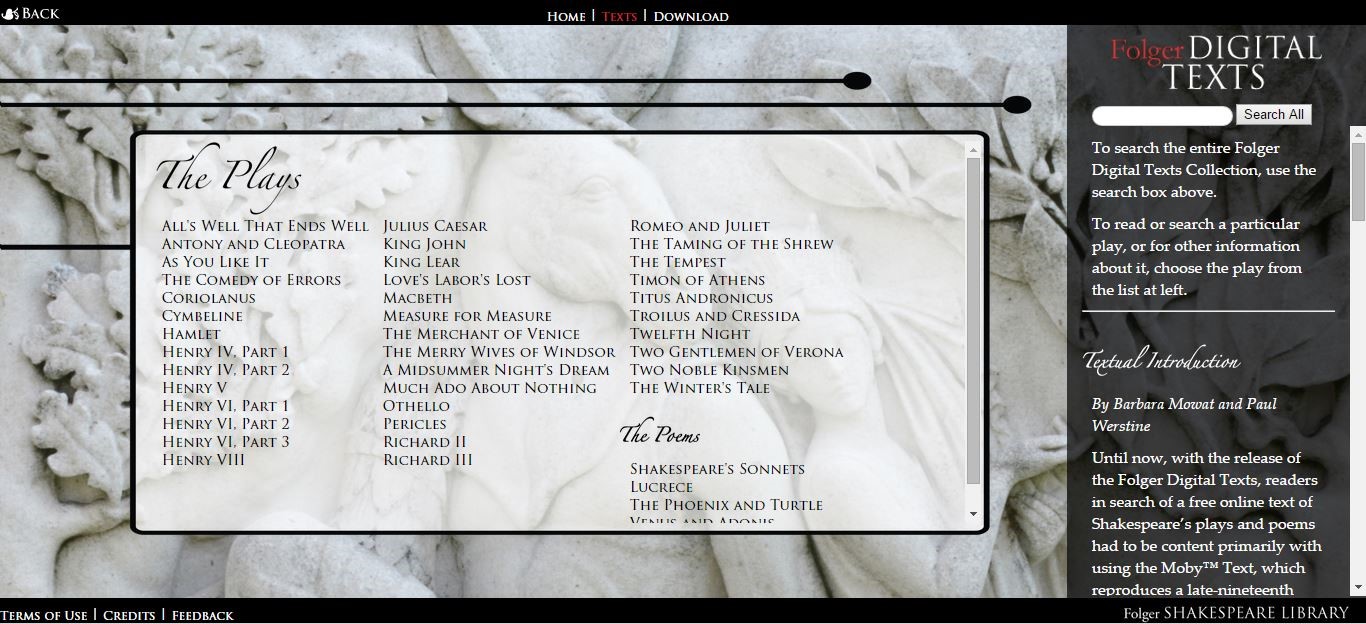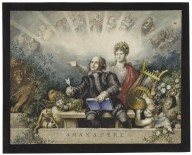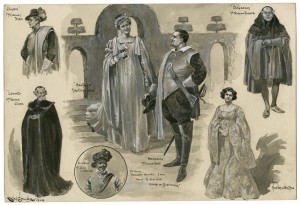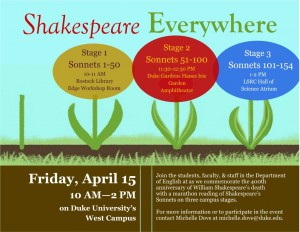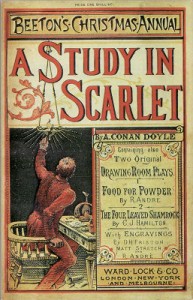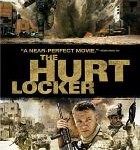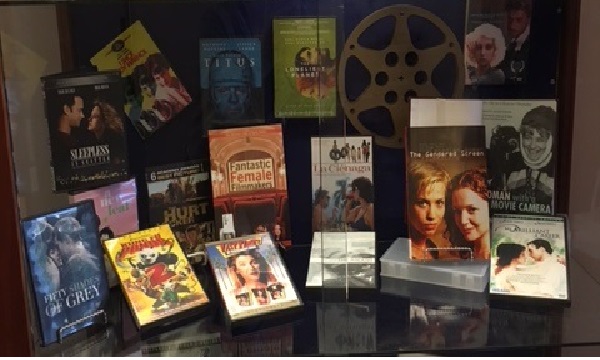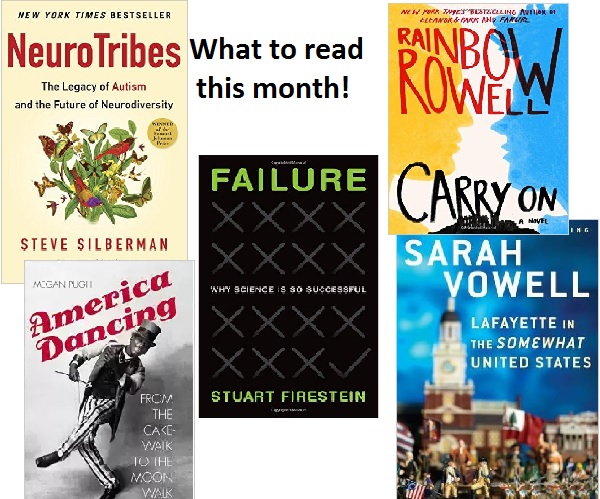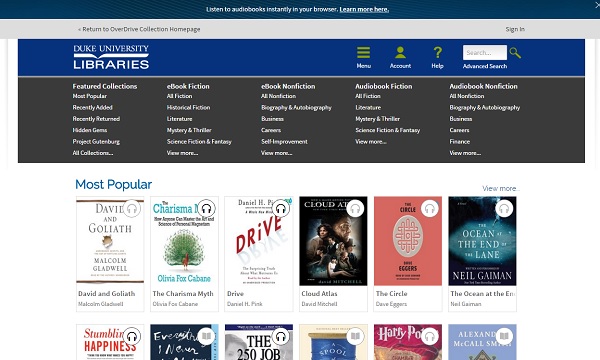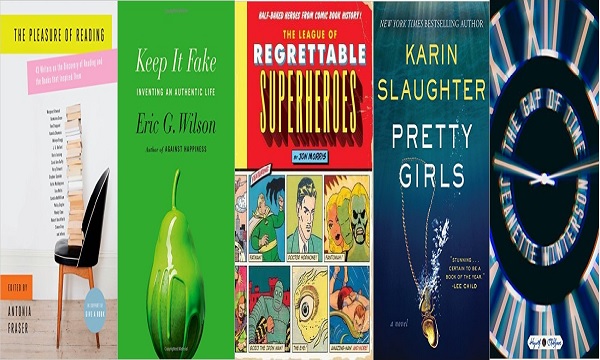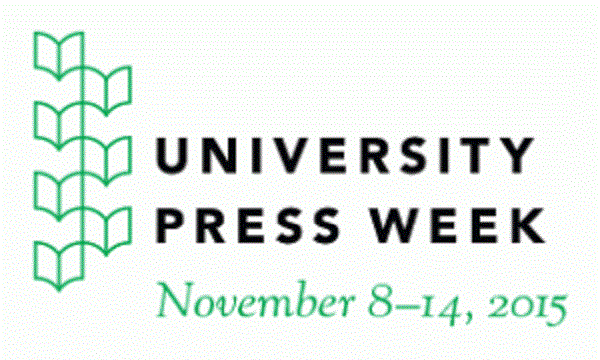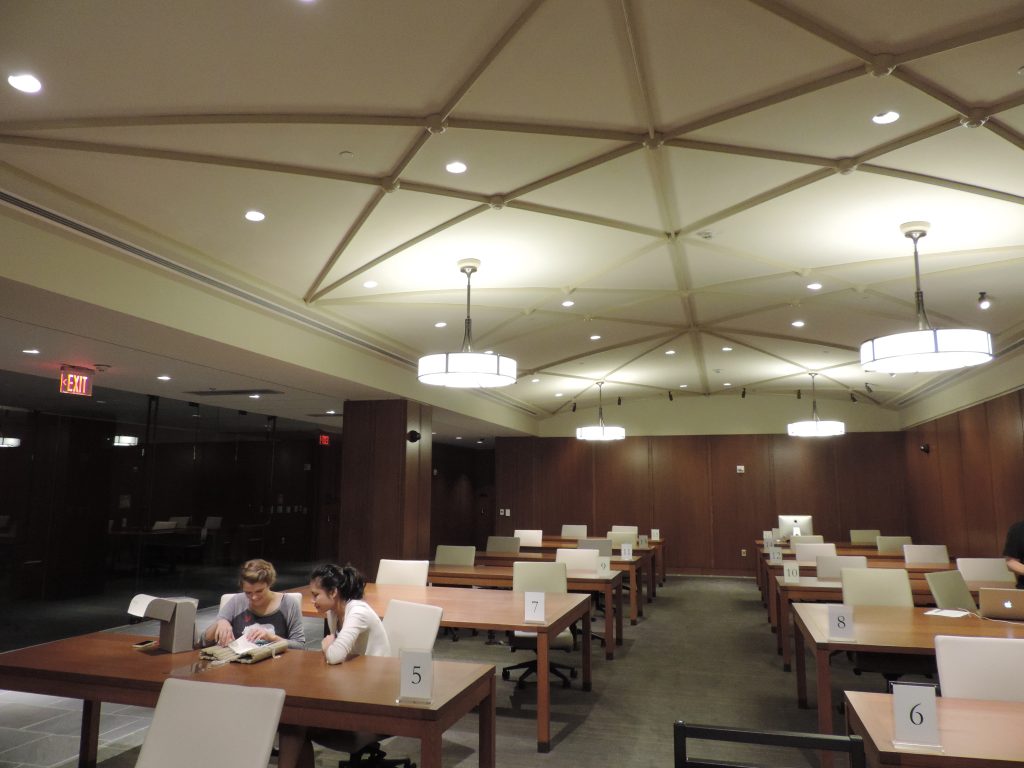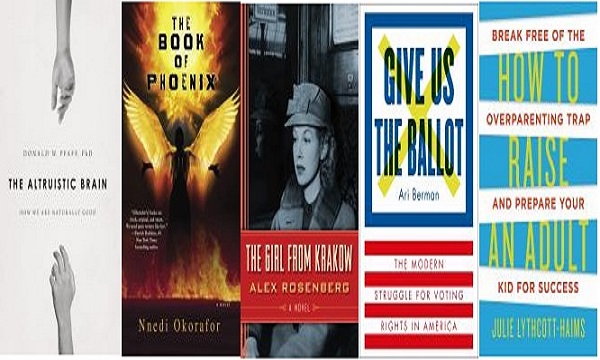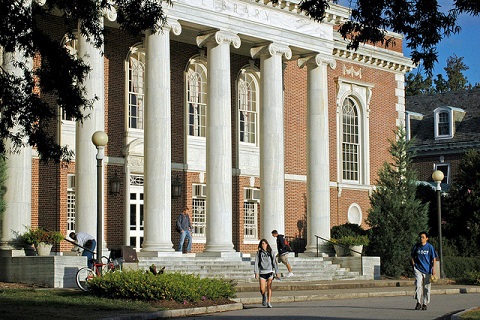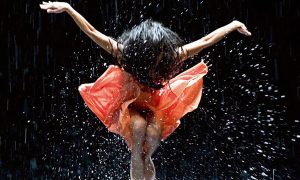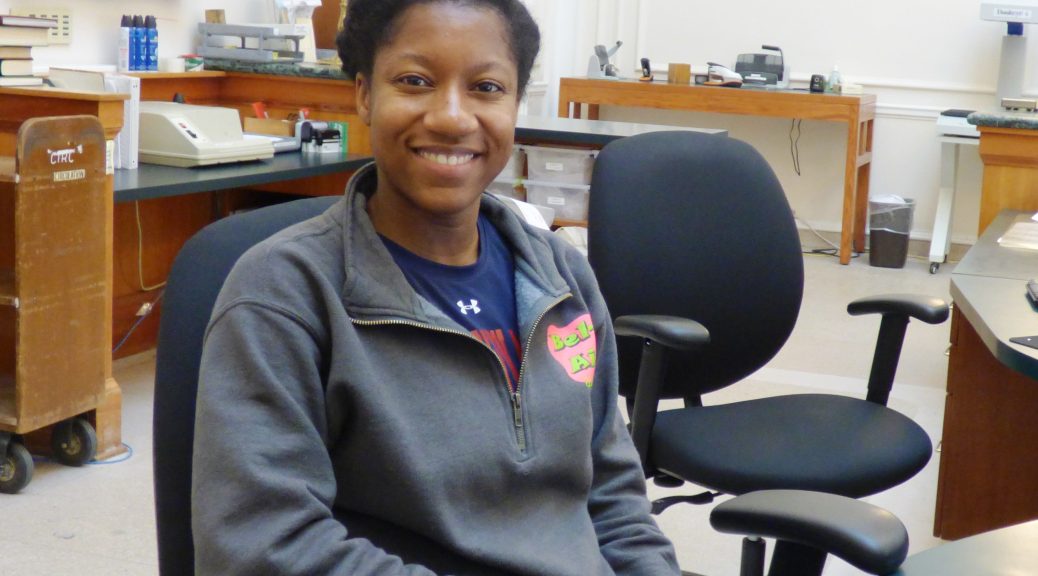I hope you’re settling in to the new semester. Why not pick up something new to read? Check out our New and Noteworthy and Current Literature collections.
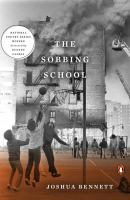 The Sobbing School by Joshua Bennett is a “sharp and scintillating” (Publishers Weekly) debut collection of poetry, selected by Eugene Gloria as a winner of the National Poetry Series, Joshua Bennett’s mesmerizing debut collection of poetry, presents songs for the living and the dead that destabilize and de-familiarize representations of black history and contemporary black experience. What animates these poems is a desire to assert life, and interiority , where there is said to be none. Figures as widely divergent as Bobby Brown, Martin Heidegger, and the 19th-century performance artist Henry Box Brown, as well as Bennett’s own family and childhood best friends, appear and are placed in conversation.
The Sobbing School by Joshua Bennett is a “sharp and scintillating” (Publishers Weekly) debut collection of poetry, selected by Eugene Gloria as a winner of the National Poetry Series, Joshua Bennett’s mesmerizing debut collection of poetry, presents songs for the living and the dead that destabilize and de-familiarize representations of black history and contemporary black experience. What animates these poems is a desire to assert life, and interiority , where there is said to be none. Figures as widely divergent as Bobby Brown, Martin Heidegger, and the 19th-century performance artist Henry Box Brown, as well as Bennett’s own family and childhood best friends, appear and are placed in conversation.
 I think many of us are still feeling the pain of losing Carrie Fisher. One way to cope may be to check out her new The Princess Diarist. When Carrie Fisher recently discovered the journals she kept during the filming of the first Star Wars movie, she was astonished to see what they had preserved–plaintive love poems, unbridled musings with youthful naivete, and a vulnerability that she barely recognized. With these excerpts from her handwritten notebooks, this is Fisher’s intimate and revealing recollection of what happened on one of the most famous film sets of all time–and what developed behind the scenes. Fisher also ponders the joys and insanity of celebrity, and the absurdity of a life spawned by Hollywood royalty, only to be surpassed by her own outer-space royalty. If you enjoy this read, I’d highly recommend reading the rest of her writings.
I think many of us are still feeling the pain of losing Carrie Fisher. One way to cope may be to check out her new The Princess Diarist. When Carrie Fisher recently discovered the journals she kept during the filming of the first Star Wars movie, she was astonished to see what they had preserved–plaintive love poems, unbridled musings with youthful naivete, and a vulnerability that she barely recognized. With these excerpts from her handwritten notebooks, this is Fisher’s intimate and revealing recollection of what happened on one of the most famous film sets of all time–and what developed behind the scenes. Fisher also ponders the joys and insanity of celebrity, and the absurdity of a life spawned by Hollywood royalty, only to be surpassed by her own outer-space royalty. If you enjoy this read, I’d highly recommend reading the rest of her writings.
 In Entanglement: The Secret Lives of Hair, Emma Tarlo travels the globe, tracking the movement of hair across India, Myanmar, China, Africa, the United States, Britain and Europe, where she meets people whose livelihoods depend on it. Viewed from inside Chinese wig factories, Hindu temples and the villages of Myanmar, or from Afro hair fairs, Jewish wig parlours, fashion salons and hair loss clinics in Britain and the United States, hair is oddly revealing of the lives of all it touches. You can read reviews here and here.
In Entanglement: The Secret Lives of Hair, Emma Tarlo travels the globe, tracking the movement of hair across India, Myanmar, China, Africa, the United States, Britain and Europe, where she meets people whose livelihoods depend on it. Viewed from inside Chinese wig factories, Hindu temples and the villages of Myanmar, or from Afro hair fairs, Jewish wig parlours, fashion salons and hair loss clinics in Britain and the United States, hair is oddly revealing of the lives of all it touches. You can read reviews here and here.
 In Our Own Image: Savior or Destroyer?: The History and Future of Artificial Intelligence by George Zarkadakis explores one of humankind’s oldest love-hate relationships–our ties with artificial intelligence, or AI. It traces AI’s origins in ancient myth, through literary classics like Frankenstein, to today’s sci-fi blockbusters, arguing that a fascination with AI is hardwired into the human psyche. Zarkadakis explains AI’s history, technology, and potential; its manifestations in intelligent machines; its connections to neurology and consciousness, as well as–perhaps most tellingly–what AI reveals about us as human beings.
In Our Own Image: Savior or Destroyer?: The History and Future of Artificial Intelligence by George Zarkadakis explores one of humankind’s oldest love-hate relationships–our ties with artificial intelligence, or AI. It traces AI’s origins in ancient myth, through literary classics like Frankenstein, to today’s sci-fi blockbusters, arguing that a fascination with AI is hardwired into the human psyche. Zarkadakis explains AI’s history, technology, and potential; its manifestations in intelligent machines; its connections to neurology and consciousness, as well as–perhaps most tellingly–what AI reveals about us as human beings.
 Unspeakable Things by Kathleen Spivack is a strange, haunting novel about survival and love in all its forms; about sexual awakenings and dark secrets; about European refugee intellectuals who have fled Hitler’s armies with their dreams intact and who have come to an elusive new (American) “can do, will do” world they cannot seem to find. A novel steeped in surreal storytelling and beautiful music that transports its half-broken souls–and us–to another realm of the senses. To find out more read a Washington Times review, a Paste Magazine review, and a Jewish Book Council review.
Unspeakable Things by Kathleen Spivack is a strange, haunting novel about survival and love in all its forms; about sexual awakenings and dark secrets; about European refugee intellectuals who have fled Hitler’s armies with their dreams intact and who have come to an elusive new (American) “can do, will do” world they cannot seem to find. A novel steeped in surreal storytelling and beautiful music that transports its half-broken souls–and us–to another realm of the senses. To find out more read a Washington Times review, a Paste Magazine review, and a Jewish Book Council review.


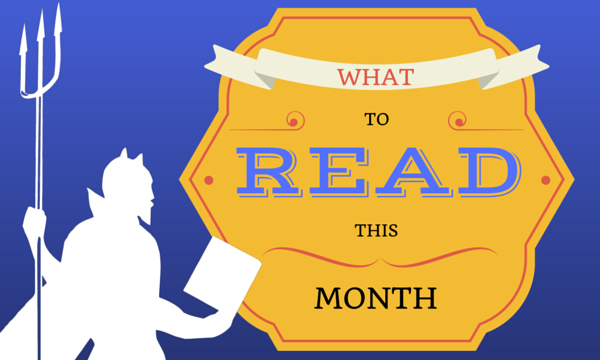
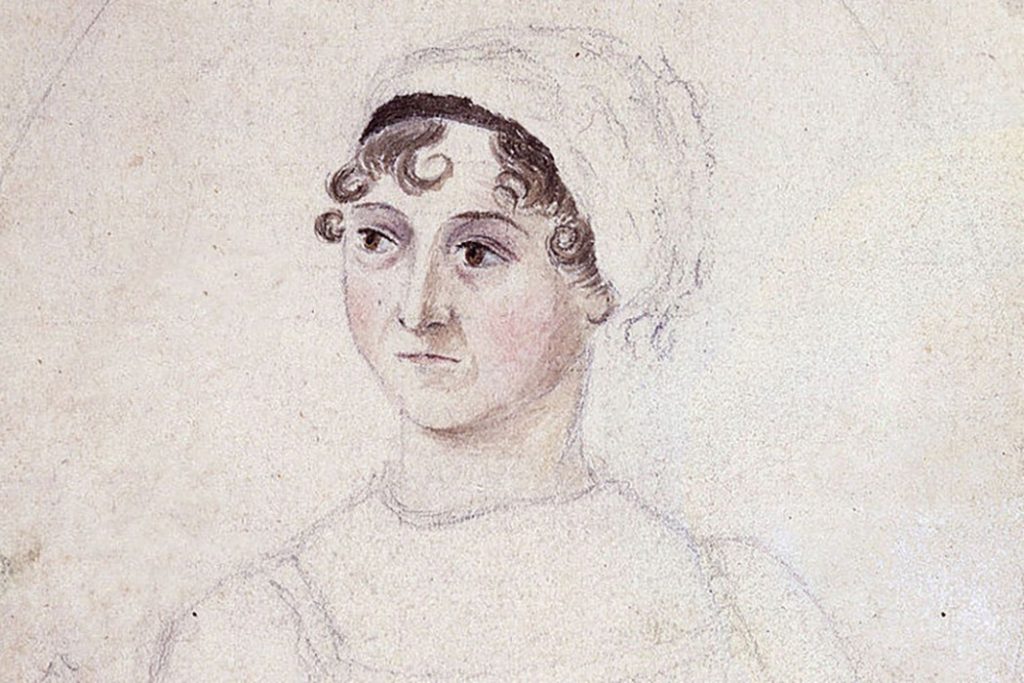

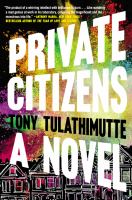
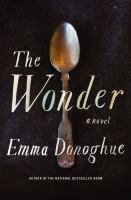
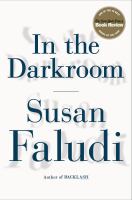
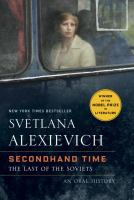
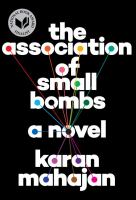
 If your growing to-do list has you overwhelmed..
If your growing to-do list has you overwhelmed..


